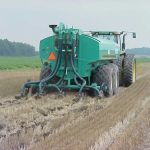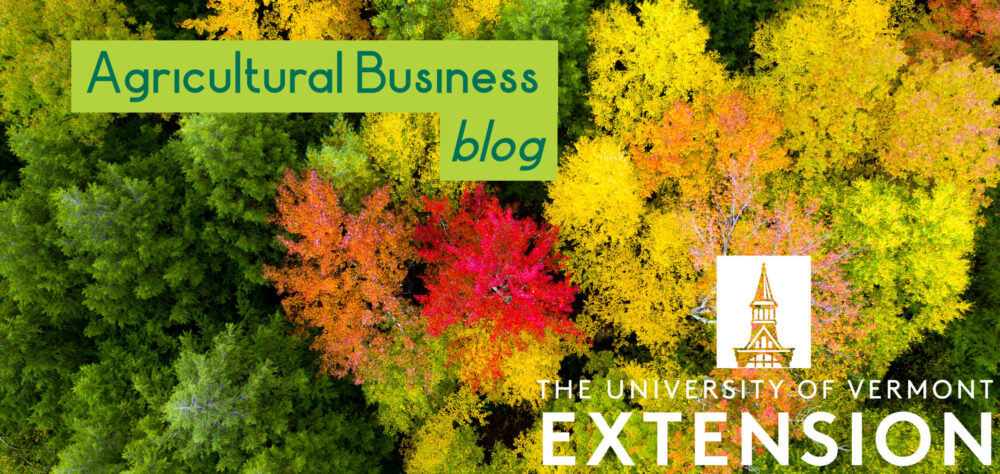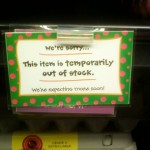What is the best reason you have heard about why money does or does not matter on a farm? Send in a comment.
When I entered the field of farm business education and consulting I entered with the naïve perception that farm managers would seek out strategies that improved the financial performance of the farm and themselves. Time and time again my presumption has proved wrong. Here is a list of reasons that money does not matter in farming. They all come from very reasonable farmers, for better or worse.
• If we were profitable, we’d have to pay taxes to the government.
• How could we continue to market products at these high prices if people knew we were actually making money?
• It’s not about money…. It’s about the land and the animals.
• The economy/marketplace does not yet recognize the true value of what we do as farmers, someday it will.
• If we made more money, my spouse would expect to go on a vacation. I don’t much want to leave the farm and the prospect of sitting on a beach with nothing to do does not appeal much either.
• Our daughter will get better financial aid packages for college if we show a loss.
• To make more money we’d have to make some tough decisions and probably makes some changes too.
• We won’t have any retirement savings when we get old, but our kids will take care of us just like we did for our parents.
• Farming is risky business and if you can’t handle that you should get out. I heard Extension has some jobs open.
• When you work this hard and don’t make hardly anything you can’t think about money. It’s too depressing.
5 Reasons Money Does Matter in Farming
• When we decided to get a loan for a reverse osmosis unit for our maple operation it cut my labor in half and saved our marriage.
• I’d like to put profits into a retirement account so that I don’t have to parcel out the farm to support me when I am no longer able to work.
• My kids have seen us struggle to make a living on this farm for 30 years… they have no interest in farming or this place.
• I want to pay people well here and provide them year round work with good benefits.
• Making these money decisions is hard work, I figure that the only way I can justify paying myself well is by doing hard work. When I catch myself doing the things in the greenhouse I remember I can pay someone $10 per hour to do them. I need to focus on other things in order to earn my $30 per hour.
 explain changes to the proposed rule over the past several months.
explain changes to the proposed rule over the past several months.

 Farm Viability has filtered the internet universe and posted the best resources to assist managers with legal decisions, market research and financial records. Visit our
Farm Viability has filtered the internet universe and posted the best resources to assist managers with legal decisions, market research and financial records. Visit our